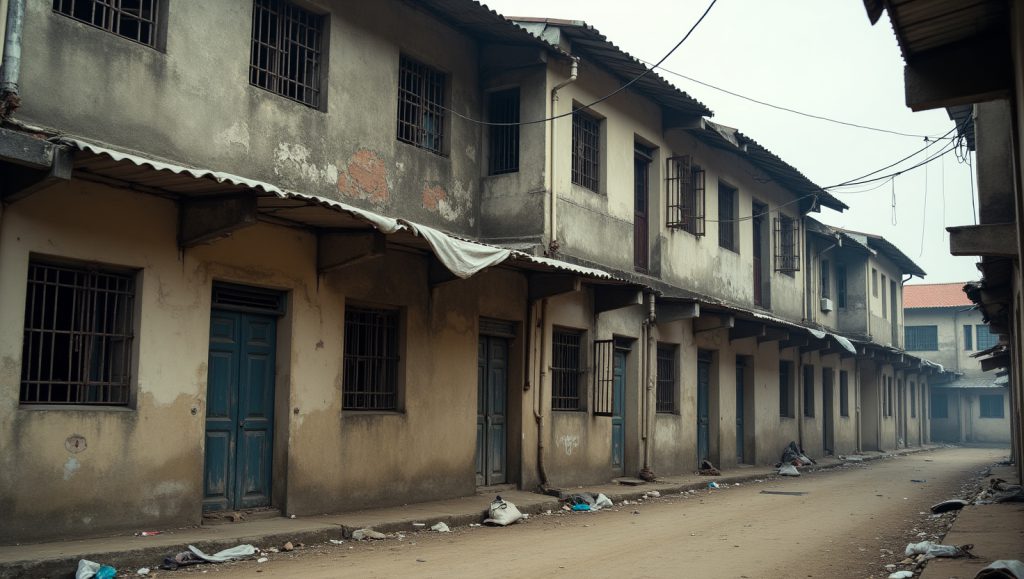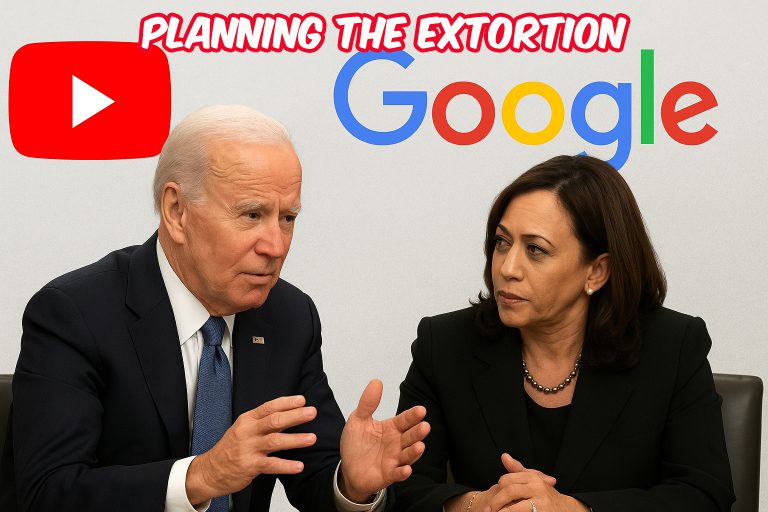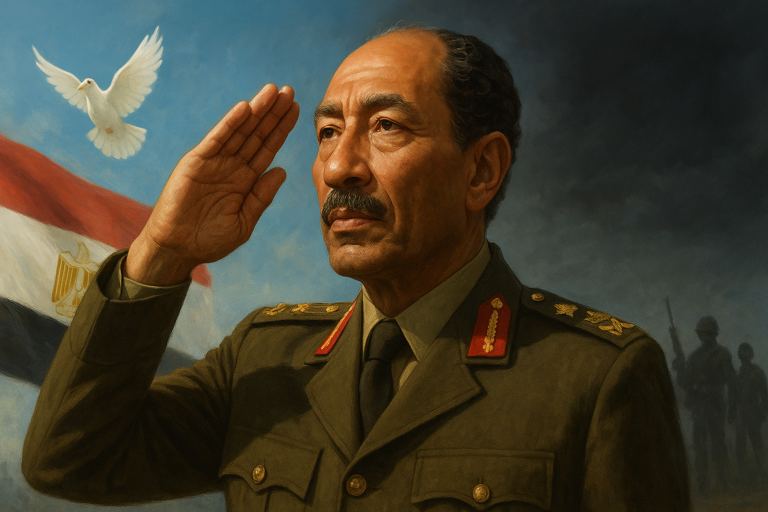
Séfora no es sucia, Séfora no es hedionda, Séfora es Gitana.
Séfora Vargas and the Gerpe Case: When Public Funding Fuels Judicial Censorship
In contemporary Spain, marked by growing ideological polarization and an expansive use of the concept of “hate crime,” the case of YouTuber and lawyer Begoña Gerpe has become a disturbing symbol of how freedom of expression can be eroded by power structures sustained by public resources.
At the center of this controversy is Séfora Vargas, an activist and institutional figure in several identity-based NGOs. She not only allegedly personally promoted the complaints against Gerpe, but also allegedly did so from a position of media, legal, and subsidized power, as she herself acknowledges in her public interventions. This case opens the door to an urgent debate: who protects freedom of expression when institutional power decides to punish dissidents?

The genesis of the conflict: inconvenient truth and exemplary punishment
According to Gerpe’s direct testimony, it all began with a video in which she commented on a real case of sexual assault allegedly committed by Gypsies minors. In addition to reporting the news—already published in national media—she shared her personal experiences as a lawyer.
What followed was a coordinated wave of insults, threats, online harassment, and, most seriously, an organized campaign of complaints driven by organizations aligned with Vargas’s activism. Some of these NGOs, according to public statements, provided pre-written complaints ready to be signed and filed en masse against Gerpe for “hate crimes.” Despite no evidence of incitement to violence in the video, judicial pressure was unleashed.
Séfora Vargas’s Direct Involvement
In a widely circulated video, Séfora Vargas openly accuses Gerpe of committing a hate crime, citing Article 510 of the Penal Code and stating that his opinions “create hate doctrine.” From her leadership position in multiple associations (AMURADI, FAKALI, APROIDEG, among others), Vargas allegedly acts as a whistleblower, ideological prosecutor, and media enforcer.

The simple act of expressing opinions contrary to her political and cultural stances. At no point in the video being accused is violence called for; however, Séfora promotes a maximalist interpretation of hate crimes to invalidate all uncomfortable speech.
Rather than protecting a community, this type of discourse uses that community as a political shield and a lever of repression. In the hands of activists with access to almost unlimited institutional resources, the concept of “hate” becomes an instrument of censorship against dissident thought.
Million-dollar grants: the power behind NGOs
The ethical conflict is aggravated by the discovery that many of the NGOs linked to Vargas—such as the Fundación Secretariado Gitano (FSG)—have received more than €4.6 million in government grants between 2020 and 2022. This funding comes primarily from the Ministry of Equality and the Ministry of Social Rights, and is supposedly provided for assistance and inclusion programs.
Vargas is not a marginal activist. She has held positions of responsibility in these organizations, has been a spokesperson before Congress, and has appeared in institutional media outlets such as RTVE. This makes her crusade against Gerpe more than a dispute between two citizens: it is an offensive driven by the subsidized ecosystem, with preferential access to the media, the judicial system, and political support.
Judicial Asymmetry and Forced Exile
Gerpe received threats, experienced medical problems stemming from stress, and was ultimately forced to leave Spain. Her account is clear: upon arriving at the courthouse, she discovered that seven publicly funded associations had filed a private lawsuit. This fact demonstrates the brutal asymmetry between a citizen facing prison sentences and an institutional bloc shielded by subsidies, legal structures, and media coverage.
Gerpe has not been convicted, but the judicial process itself is already a punishment. Financial, emotional, and professional strain is the implicit objective of this strategy. It is not necessary to win in court: it is enough to exhaust the accused, discredit them, and force them into silence.
Documented Support: The Cases of Anonymous García and Cristina Seguí
This pattern is not new. The cases of Anonymous García and Cristina Seguí are clear precedents for the political use of criminal law to punish opinions.
Anonymous García, a satirical artist, was sentenced to 18 months in prison for creating a parody website about the “la manada” case. The website contained no threats or incitement; it was an ironic critique of the instrumentalization of punitive feminism. He was convicted of “degrading treatment” until, years later, the Constitutional Court overturned the sentence, revealing that the justice system had acted as an arm of the dominant discourse, not as a guarantor of rights.
Cristina Seguí, a journalist critical of the government, was sentenced to 15 months for a tweet about an allegedly false complaint. Her case, like that of Anonymous, reflects how certain ideologically privileged groups can activate the judicial system to silence critical thinking, while the affected citizen faces unaffordable costs.
Justice System or Ideological Tool?
The most disturbing thing about these cases is that they all share the same pattern:
They are based on a personal opinion, legitimate criticism, or documented experience.
A denunciation campaign driven by ideological organizations is launched.
Legal resources, pro bono lawyers, and associations are mobilized as a public prosecutor.
The accused faces financial ruin and social ostracism, even without a conviction.
The legal system loses its neutrality and becomes a weapon of ideological correction.
Begoña Gerpe, Anónimo García, and Cristina Seguí were not tried for lying, but for refusing to remain silent. And in Gerpe’s case, the figure of Séfora Vargas is fundamental: she is not a simple activist, but the visible face of a new institutional inquisition financed by all citizens.
When Subsidized Power Censors the People
Séfora Vargas has demonstrated with her words and actions that dissenting opinions must be punished criminally. Their actions against Gerpe, protected by an NGO environment with real power and unlimited access to public funds, reflect a worrying change in Spanish democracy: now it’s not about committing a crime, it’s about saying something that bothers those who hold ideological power, since the person who commits the crime is completely absolved if they are protected by these organizations.
In the name of inclusion, respect, and diversity, a network of institutions has been created capable of ruining the life of any citizen who criticizes those protected by the system.
The question is simple: can a state sustain the freedom of all if it allows its resources to finance organized censorship?
Because if telling the truth becomes a crime, and institutions celebrate the forced silence of dissidents, then we are not facing a failure of the system, but a failed system.







